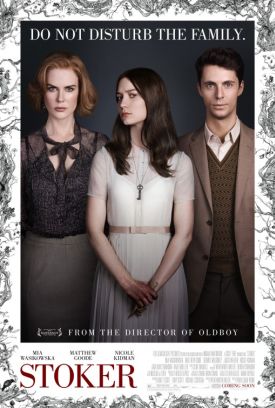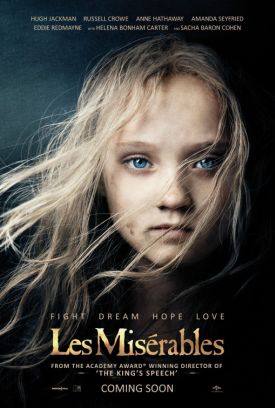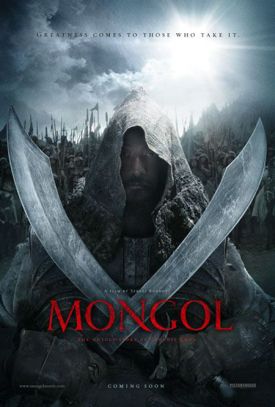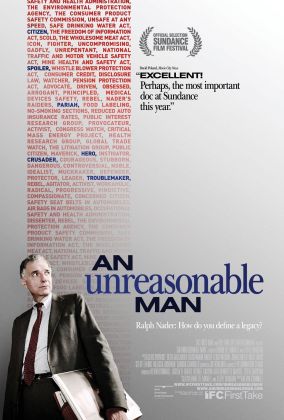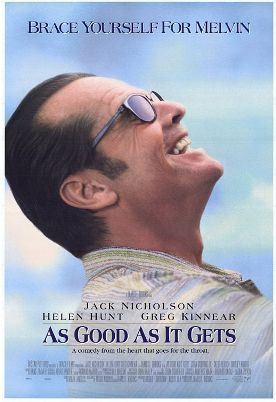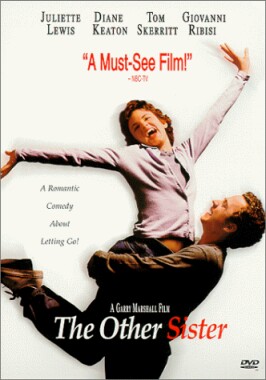Stoker
In real life, as we’re often reminded, anything can happen. It’s one of the things that makes it so real. In the movies, however, that is not the case. In the movies, what happens determines, and is determined by, what kind of movie it is. What happens in Chan-wook Park’s Stoker for its first 90 minutes makes it into one kind of movie; what happens in its last ten minutes makes it into quite another. To be specific, it is, first, a Hitchcock-style thriller — and there are allusions to the great man’s Shadow of a Doubt of 1943, particularly in the central presence of a mysteriously sinister Uncle Charlie (Joseph Cotten there, Matthew Goode here) with an unhealthy interest in a young girl (Teresa Wright there, Mia Wasikowska there) — but without Hitchcock’s skill in plotting and suspense. Still, the movie manages to hold our interest for so long as the director is able to keep a tight grip on his materials, which he finally allows to get away from him in the end.
These materials include the erotic awakening of Miss Wasikowska’s character, the 18-year-old India, and her rivalry with her mother (Nicole Kidman) — both over her recently-dead father (Dermot Mulroney in flashbacks) and the recently-arrived Uncle Charlie — as well as a terrible but only gradually-revealed family secret. But in the last ten minutes it all falls apart and becomes just another boring fantasy, like (nearly) every other movie out of Hollywood these days. Psychopathology, once it has been revealed in all its horror, appears to become contagious and, therefore, not such a big scary deal as we might otherwise have supposed — and as Hitchcock would have portrayed it. Like zombies or vampires, these human beings are transformed by the bite of their predator into predators themselves, and the murders with which the movie is replete will presumably go on indefinitely, since this is a movie and movies love murder.
To many, of course, probably including Mr Park himself and his screenwriter, Wentworth Miller, it won’t really matter that the movie stops looking like anything in real life at this point in the proceedings — not that it looked all that much like it before. But then they never really expected it to look like real life in the first place. Reality, for so long as it lasts, which is longer than most movies, turns out to have been nothing more than a convenient disguise behind which something very much less interesting if more movieishly horrible than reality was hiding in order to lure us into its toils. It still looks real when Miss Kidman gets to deliver to Miss Wasikowska a great line or two on why people have children. When things seem messed up beyond repair, she says, children give you a chance to start again. They are “little carbon copies who will succeed where you have failed. You can get it right this time.” Then she adds: “But not me. Personally speaking, I can’t wait to see life tear you apart.”
How much more engaging and believable this is than the violence which ensues. Back in Hitchcock’s day they would have understood that a metaphorical tearing apart beat the literal kind every time, if only because it was more recognizably human. But this is the last moment in Mr Park’s film in which Miss Wasikowska and Miss Kidman are recognizably human and thus able to act as foils to Uncle Charlie who, without the help of their relatively anthropoid qualities, becomes even more unbelievable than he already is. Again, believability is obviously not much valued in Hollywood today, probably because the children for whom movies have lately come to be made don’t themselves know what’s believable and what’s not. But I can recommend to them a touch of verisimilitude, if only to refine the sense of awful portent that Mr Park, like Hitchcock before him, seems to want to foster in his audience.
The best thing about the movie may be the soundtrack. Composed by Clint Mansell, it also includes the weird, rap-like “Becomes the Color” by Emily Wells and a sort of pop version of Keats’s “La Belle Dame Sans Merci” in Nancy Sinatra and Lee Hazlewood’s “Summer Wine.” Above all there is a haunting piano duet by Philip Glass, ostensibly played by India and Uncle Charlie who are required by the music to engage in a kind of macabre embrace at the piano. Mr Glass is, of course, the well-known “minimalist” composer whose example, you’d think, might have instructed at least one among the younger, Tarantino-influenced generation of directors who seem so unwilling to learn that, in movies as in music, less is (usually) more.
Discover more from James Bowman
Subscribe to get the latest posts to your email.

